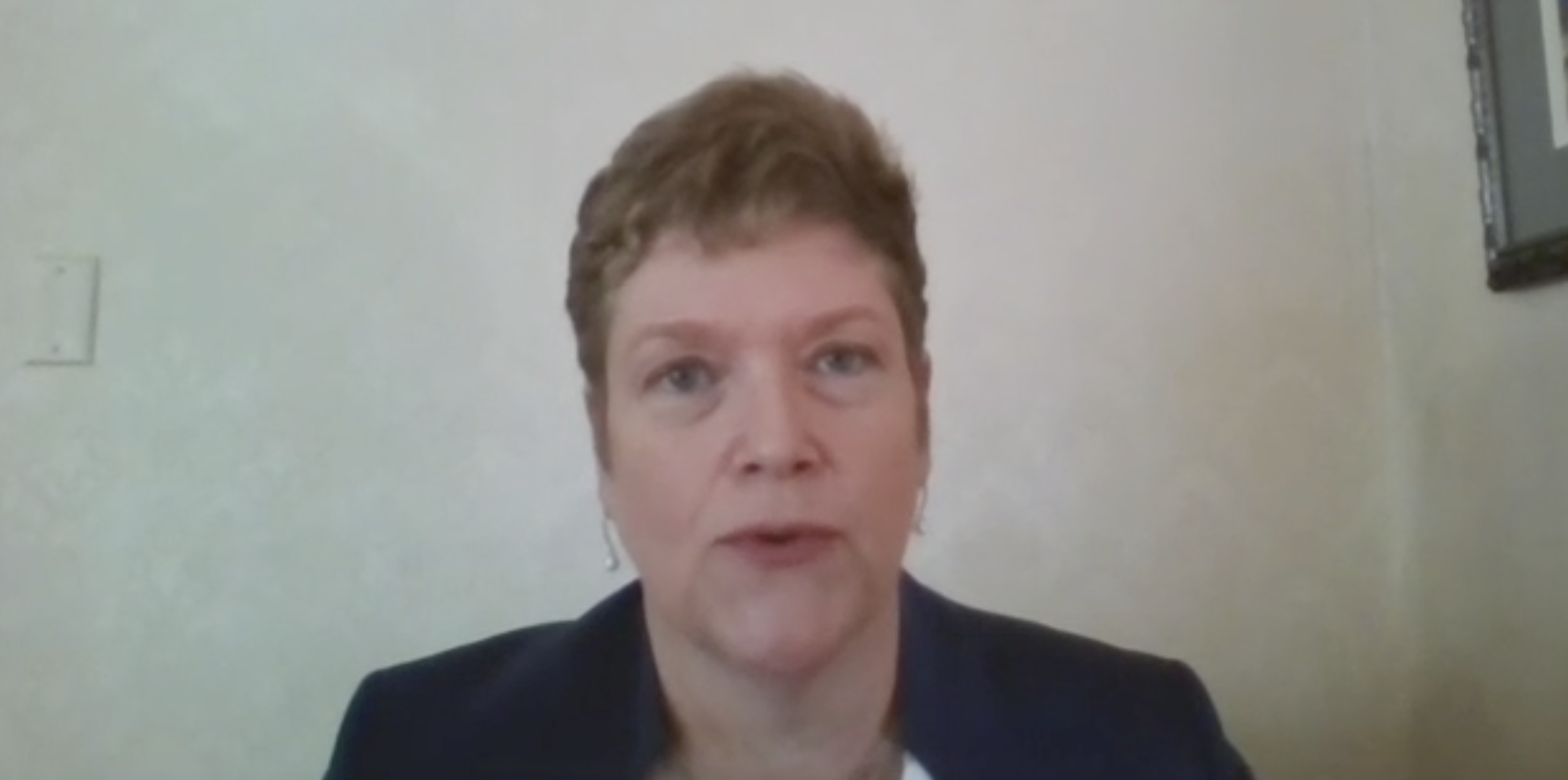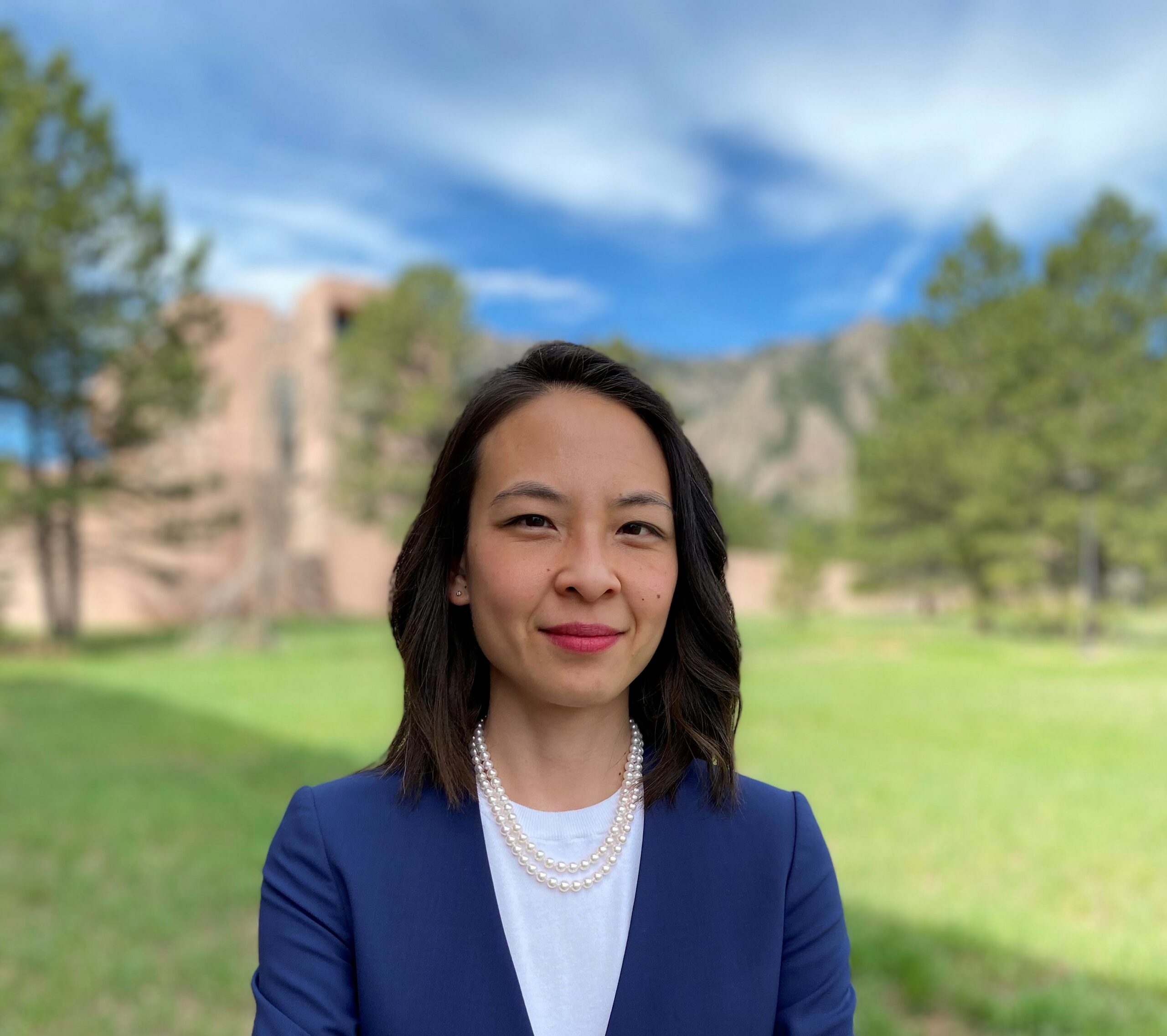COURT CRAWL | Supreme Court gets back out in the community, Senate hears from Biden nominee

Welcome to Court Crawl, Colorado Politics’ roundup of news from the third branch of government. The state Supreme Court will resume oral arguments in the community for the first time since the beginning of the COVID-19 pandemic, and another Biden administration nominee for a federal judgeship appeared – ever so briefly – before a Senate committee.
The latest from the Colorado Supreme Court
? Tomorrow, the justices will travel to Pomona High School in Arvada to hear two cases as part of the judicial branch’s 35-year-old Courts in the Community program. Oral arguments kick off at 9:15 and there is limited seating available for the public (wear a mask). Due to the COVID-19 pandemic, this is the first time the Court has ventured out in person for oral arguments in more than a year. The cases being heard are:
Maphis v. Boulder: A woman tripped and fell on an uneven sidewalk in Boulder, but the Court of Appeals decided by 2-1 that Boulder was immune from liability because the sidewalk did not represent a “dangerous condition.”
People v. Ornelas-Licano: By another 2-1 decision, the Court of Appeals reversed a man’s conviction, finding an officer who testified about bullet trajectories at trial was not qualified as an expert.
? The Supreme Court also held oral arguments earlier this month examining the behavior of prosecutors and judges. In one case out of Adams County, the prosecutor told jurors that the defendant, who was sitting in the courtroom, had continued fleeing “up and to this point.” The Court of Appeals felt the prosecutor was improperly arguing that the defendant was guilty in part by exercising her constitutional right to have a jury trial. The justices, however, weren’t so sure.
? Then the Court considered two cases in which trial court judges had tried to illustrate the concept of reasonable doubt to jurors. The problem is that A.) analogies and elaborations may have the effect of lowering the burden of proof for prosecutors by giving jurors a mistaken impression of the standard; and B.) the Court of Appeals has said many, many times that it disapproves of reasonable doubt analogies.
? “It seems like the only way to get the attention of the trial courts is to reverse one of these [convictions], right? We typically say it but do we really mean it?” -Justice William W. Hood III

Biden nominee has her 15 (or five) minutes of fame
? The U.S. Senate Committee on the Judiciary held a confirmation hearing for several of President Joe Biden’s nominees last week, and among them was Charlotte N. Sweeney. She is Biden’s choice to fill a current vacancy on the seven-member trial court for Colorado.
? Trial court judges, unfortunately, don’t grab senators’ attention as much as appellate court nominees. So much so that Sweeney’s time before the committee consisted only of her brief opening statement – which she delivered virtually – with no questions from committee members. However, we did learn quite a bit about her professional work as a lawyer handling employment discrimination cases, as well as her personal activities, from her Senate questionnaire.
? For instance, Sweeney volunteers to build houses in Mexico as part of annual mission trips to Juarez. She learned about the legislative process while helping to draft Colorado’s Equal Pay for Equal Work Act. And she has won several large-dollar jury verdicts and settlements for her clients over the years. Here is her full set of responses.

Judge weighs in on COVID-19 relief
? In 2020, the legislature enacted a $4 million relief program for minority-owned businesses who experienced losses from the pandemic. But after a white business owner sued, lawmakers retooled the initiative to include race as only one of the criteria to receive a relief grant. Now another white business owner is suing, and has gotten a judge to agree with him: U.S. District Court Judge William J. Martínez has temporarily blocked the state from using the minority ownership criterion to award grant money.
? But there is a twist: the plaintiff was actually approved for the $10,000 grant he asked for. The state argues that because he suffered no injury, the judge should dismiss the lawsuit. Ironically, the state elected to suspend the distribution of money, including to the plaintiff, while the judge’s restraining order is in effect. (Martínez clarified that he didn’t intend to hold up all payments.)
Legal trouble
? The chief judge of the Fifth Judicial District was charged felony menacing earlier this month. Mark D. Thompson remains a district court judge, but is temporarily out of the top position in the district that covers Eagle, Summit, Lake and Clear Creek counties. He stands accused of threatening someone with an “AR-15 style rifle.“
? A Grand County judge sentenced Christopher Linsmayer, the wife of Denver District Attorney Beth McCann, to 10 days in jail for attempted arson after he left burning piles of debris unattended.
? The Supreme Court declined to hear an appeal from embattled Mesa County Clerk and Recorder Tina Peters, who a judge has barred from overseeing next month’s general election.

Court of Appeals check-in
? The state’s Court of Appeals found that a Jefferson County prosecutor misstated the law to jurors and made it seem like the defendant had a duty to retreat after being threatened (he didn’t).
? A Denver prosecutor “indoctrinated” the jury, meaning she got potential jurors to agree before hearing any evidence that the defendant’s actions indicated guilt. That, the Court of Appeals said, was wrong.
? Denver school security officers did not have reasonable suspicion, based on an anonymous school safety tip, to detain a student and search his backpack, the court determined.
Interview with a civil rights attorney
? Attorney Elizabeth Wang of Boulder is currently appealing a First Amendment case to the U.S. Supreme Court, which has already attracted the attention out outside civil liberties groups. Here is an excerpt from her interview with Colorado Politics:
CP: This case is in large part about whether we as Americans have a First Amendment right to record police officers in public. Is it fair to say that the answer is yes, we do, but if an officer in Colorado retaliates against you, there’s probably nothing that can be done about it at this point?
Wang: Fortunately for the citizens of Colorado, we now have two tools at our disposal. First, there’s Senate Bill 217, which was passed by the Colorado legislature in June 2020. That law allows a person who has a constitutional right secured by the bill of rights of the Colorado constitution to bring a civil action for the violation, and officers are not entitled to qualified immunity. Because the bill of rights of the Colorado constitution protects similar rights to the U.S. Constitution, a person in Colorado who records a police officer in public and is retaliated against can bring a lawsuit against that officer.
Second, there’s the law providing for civil liability for officers who destroy a recording. The damages allowed, however, are relatively small: $500 for the value of a destroyed recording or replacement cost of a device that was destroyed by an officer.
I hope, however, that the Supreme Court grants our petition, because the two questions we present are vitally important: one, whether training or law enforcement policies can be relevant to whether a police officer is entitled to qualified immunity, and, two, whether individuals have a clearly established right to film police officers performing their duties in public.

Miscellaneous decisions
? A prosecutor excused a Black woman from a jury because of her “sour look,” but the Court of Appeals found it didn’t violate the prohibition on racial discrimination in jury selection.
? Potential harassment of people who import elephant parts is not a reason to withhold their identities from an animal rights group, the 10th Circuit ruled by 2-1.
? A federal judge tossed a multimillion-dollar lawsuit against Vail Resorts from season pass holders seeking refunds after COVID-19 forced the ski corporation to close its facilities in late March 2020.
? A lower court judge found that call center employees should have been compensated for the two minutes per day they spent preparing their workstations, but decided the amount was too trivial to award. The 10th Circuit declined to label as “trivial” the hundreds of dollars in total that a given employee would be entitled to, and reversed the decision.














